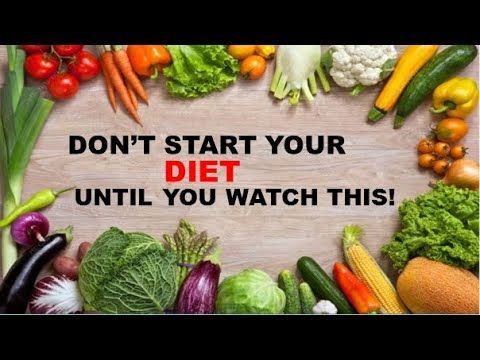Eating a healthy diet is essential for overall well-being and maintaining a healthy weight. Making small changes to your eating habits can have a significant impact on your health in the long run. Here are 10 simple tips to help you achieve a healthier diet.
1. Portion Control
One of the key factors in maintaining a healthy diet is portion control. It’s important to be mindful of the amount of food on your plate. Instead of eating large portions, try using smaller plates or bowls to help control your serving sizes. Be aware of your body’s hunger and fullness cues so that you can avoid overeating.
2. Increase Fruit and Vegetable Intake
Fruits and vegetables are packed with essential vitamins, minerals, and dietary fiber, making them an excellent addition to any healthy diet. Aim to include a variety of colorful fruits and vegetables in your meals and snacks. Try to incorporate at least five servings of fruits and vegetables into your daily diet.
3. Choose Whole Grains
Whole grains are rich in fiber, vitamins, and minerals, unlike refined grains that are stripped of their nutrients. Opt for whole grain varieties of bread, pasta, and rice to increase your fiber intake, promote digestion, and help you feel satisfied for longer periods of time.
4. Limit Added Sugars
Added sugars can contribute to weight gain and various health issues when consumed in excess. Be mindful of the amount of sugar in processed foods such as sugary beverages, candies, and baked goods. Instead, opt for naturally sweetened options like fresh fruit or indulge in small amounts of dark chocolate.
5. Reduce Salt Intake
Consuming excessive amounts of salt can lead to high blood pressure and increase the risk of heart disease. To reduce your salt intake, limit processed and packaged foods and opt for fresh, whole foods instead. Experiment with herbs, spices, and natural flavors to enhance the taste of your meals without relying heavily on salt.
6. Stay Hydrated
Water is vital for good health and plays a crucial role in maintaining various bodily functions. Aim to drink at least 8 cups of water per day. Stay hydrated by carrying a water bottle with you at all times and opting for water instead of sugary beverages like soda or juice.
7. Include Lean Protein
Protein is essential for building and repairing tissues, maintaining muscle mass, and keeping you feeling full. Opt for lean sources of protein such as skinless poultry, fish, legumes, and low-fat dairy products. Incorporate protein into each meal to help balance your diet.
8. Limit Processed Foods
Processed foods are often high in unhealthy fats, added sugars, and sodium. Limiting your intake of processed foods can help reduce your risk of obesity and chronic diseases. Focus on whole, unprocessed foods as the main components of your meals to ensure you’re getting the most nutritional value.
9. Practice Mindful Eating
Eating mindfully involves being present in the moment and paying attention to your body’s hunger and fullness cues. Slow down during meals and savor each bite. Avoid distractions such as TV or smartphones while eating to fully enjoy your food and prevent overeating.
10. Practice Moderation
While it’s important to make healthy food choices, it’s also essential to practice moderation. Allow yourself occasional treats and indulge in your favorite foods in small portions. Depriving yourself of your favorite foods can lead to cravings and possibly binging. Find a balance between healthy eating and enjoying the foods you love.
By following these 10 simple tips, you can gradually adopt a healthier diet and improve your overall well-being. Remember, small changes over time can lead to significant long-term results. Here’s to a healthier you!
